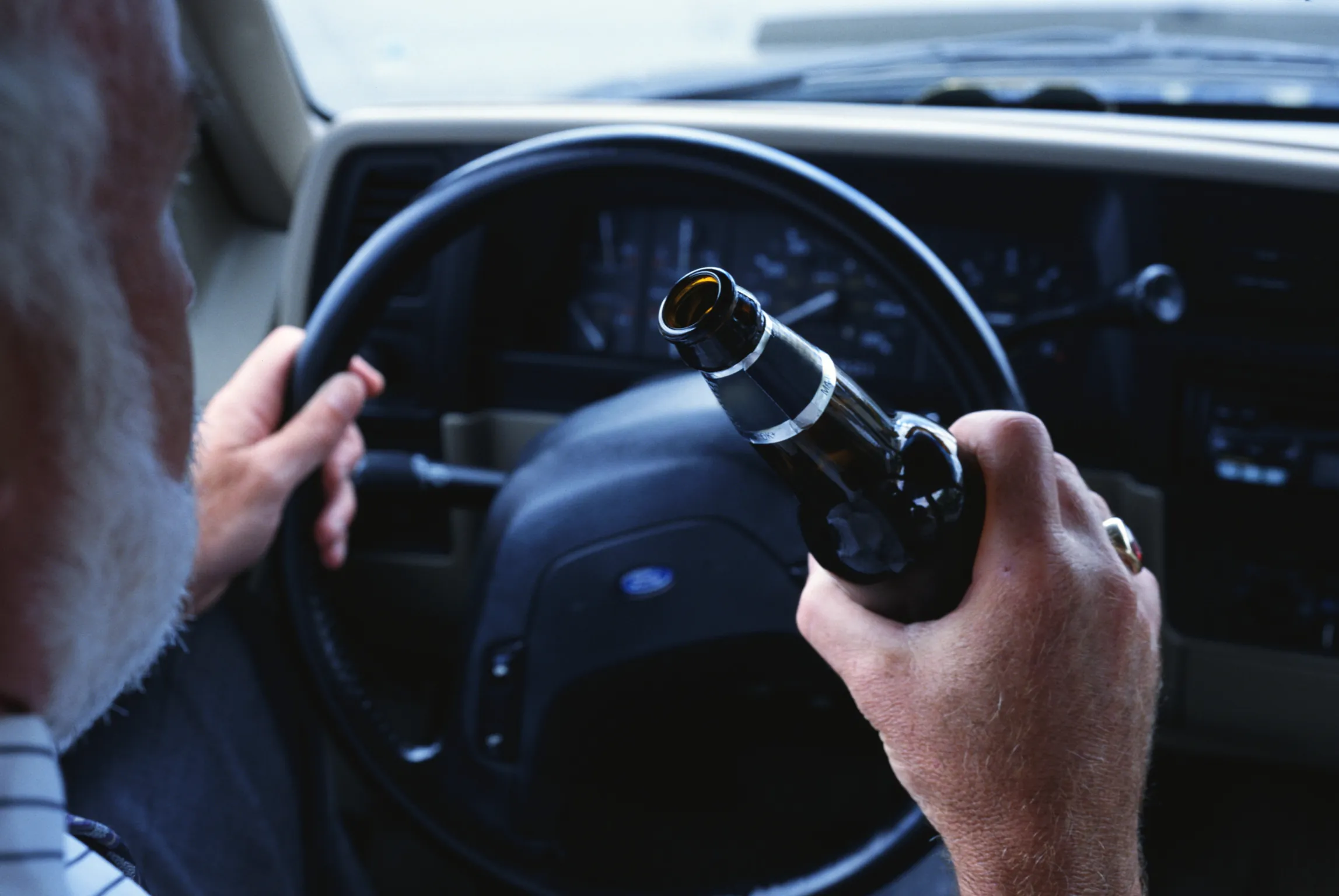 Over the last several decades there has been a concerted effort by both the government and private advocacy groups to raise awareness to the dangers involved in drinking and driving. As a result of those efforts, law enforcement agencies around the country have stepped up their efforts to catch drunk drivers. There efforts have largely been successful, with arrests for driving under the influence (DUI) increasing dramatically in most states. If you find yourself the suspect in a DUI investigation you will likely be nervous, even if you are not intoxicated. Sometimes, a suspect’s nerves can tip the scales to an arrest. Knowing what to expect from a DUI investigation may help if you find yourself being pulled over by a law enforcement officer who is looking for drunk drivers. With that in mind, a Cass County DUI attorney discusses the field sobriety tests that you will likely be asked to perform during a DUI stop and investigation.
Over the last several decades there has been a concerted effort by both the government and private advocacy groups to raise awareness to the dangers involved in drinking and driving. As a result of those efforts, law enforcement agencies around the country have stepped up their efforts to catch drunk drivers. There efforts have largely been successful, with arrests for driving under the influence (DUI) increasing dramatically in most states. If you find yourself the suspect in a DUI investigation you will likely be nervous, even if you are not intoxicated. Sometimes, a suspect’s nerves can tip the scales to an arrest. Knowing what to expect from a DUI investigation may help if you find yourself being pulled over by a law enforcement officer who is looking for drunk drivers. With that in mind, a Cass County DUI attorney discusses the field sobriety tests that you will likely be asked to perform during a DUI stop and investigation.
Anatomy of a DUI Stop
Although no two DUI stops are exactly the same, most of them follow the same basic pattern. If the officer is looking for drunk drivers, he/she will often use a minor traffic infraction, such as a broken tail light, as the reason for the stop. Once you are stopped, the officer will ask some basic questions to find out who you are and where you are heading. If the officer suspects that you have been drinking, or is under the influence of drugs, the questions may get a little more specific. Often, the officer will make it sound like it’s no big deal if you’ve had a drink or two, when in reality you are probably sealing your fate by admitting that you had even a single drink before getting behind the wheel. Once the officer is convinced you are under the influence, you will be asked to submit to a series of field sobriety tests.
Field Sobriety Tests
Once the officer has reason to believe you are under the influence, you will be asked to get out of the vehicle and perform a series of field sobriety tests (FSTs). Some officers will stress your right to refuse; however, most will not. You can refuse to perform the field sobriety tests though. Not only can you refuse the tests, in most cases it is in your best interest to decline to perform them. The results of the FSTs are not admissible in court but can be used as probable cause to arrest you. An officer can use any of a number of different FSTs; however, the most commonly used FSTs are three that have been sanctioned by the National Highway Traffic Safety Administration (NHTSA), including:
- The Horizontal Gaze Nystagmus (HGN) Test: Horizontal gaze nystagmus is an involuntary jerking of the eyeball which occurs as the eyes gaze to the side. Under normal circumstances, nystagmus occurs when the eyes are rotated at high peripheral angles. However, when a person is impaired by alcohol, nystagmus is exaggerated and may occur at lesser angles. An alcohol impaired person will also often have difficulty smoothly tracking a moving object. In the HGN test, the officer observes the eyes of a suspect as the suspect follows a slowly moving object such as a pen or small flashlight, horizontally with his eyes. The officer is looking for “bouncing” or “jumping” of the suspect’s eyes as the suspect tries to follow the object. The more the eyes bounce, the more impaired the suspect is. When performed correctly, and under optimum conditions, the HGN test is a good indicator of impairment. In reality, however, the test is rarely performed correctly nor under optimum conditions.
- Walk and Turn Test — the subject is directed to take nine steps, touching heel-to-toe, along a straight line. After taking the steps, the suspect must turn on one foot and return in the same manner in the opposite direction. The officer is checking for balance, coordination, and the ability to follow directions in this test.
- One Leg Stand Test — the subject is instructed to stand with one foot approximately six inches off the ground and count aloud by ones beginning with one thousand (one thousand-one, one thousand-two, etc.) until told to put the foot down. The officer times the subject for 30 seconds. This test also looks for balance, coordination, and the ability to follow directions.
How Can a Cass County DUI Attorney Help?
If you have been arrested for driving under the influence in Cass County, Nebraska, it is in your best interest to consult with an experienced DUI defense attorney right away. Contrary to what the arresting officer and/or the prosecutor would have you believe, you may have a defense.
Contact Us
If you have been charged with driving under the influence, or DUI, in Nebraska contact the Petersen Law Office 24 hours a day at 402-513-2180 to discuss your case with an experienced Cass County DUI attorney.


